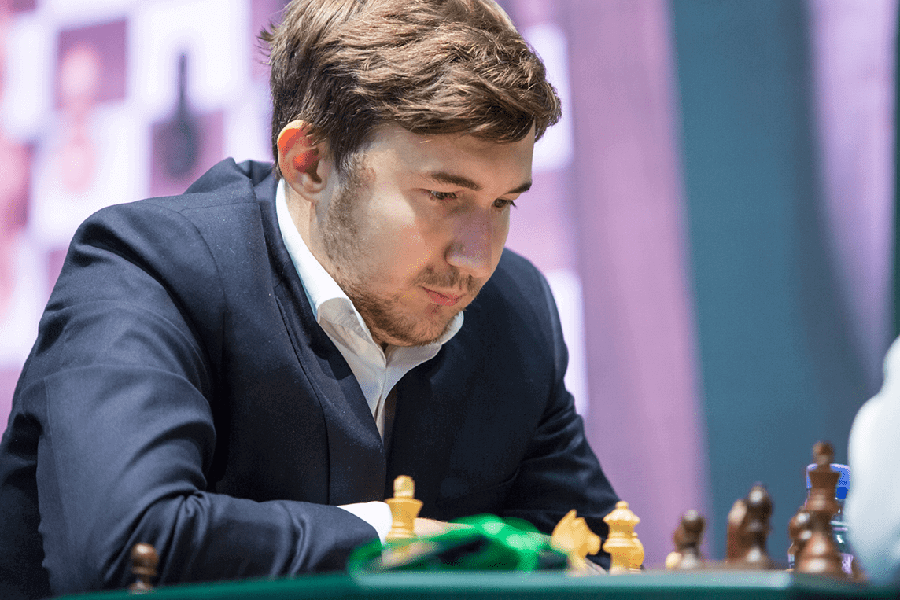No products in the cart.
Chess Rules & Instructions
5 Easy Steps To Beat A Chess Grandmaster
A chess grandmaster is the highest title awarded by the World Chess Federation (FIDE) to players who have achieved a certain level of skill and performance in competitive chess. The title of grandmaster is a prestigious honor and is reserved for the top echelon of chess players worldwide.
Defeating a chess master is a challenging task, but with strategic thinking and preparation, it is possible to increase your chances of success. Here are five ways to improve your chances of beating a chess master:
1. Study and Analyze: Invest time in studying chess theory, openings, tactics, and endgames. Develop a solid understanding of basic principles and strategic concepts. Analyze games played by strong players, especially those in your opponent’s preferred openings or style. By improving your overall chess knowledge, you’ll be better equipped to handle various positions and make sound decisions.
2. Practice Tactical Awareness: Strong tactical skills are crucial for success in chess. Regularly solve tactical puzzles and practice tactical themes such as forks, pins, skewers, and discovered attacks. This will sharpen your calculation abilities and help you identify and exploit tactical opportunities in your games.
3. Play Positionally: Chess masters often excel in strategic play and positional understanding. Focus on developing your positional skills, including pawn structures, piece coordination, prophylaxis, and long-term planning. Aim to create imbalances in the position that favor your style of play and exploit weaknesses in your opponent’s position.
4. Understand and Exploit Time Control: Be mindful of the time control in your game. Chess masters are typically skilled at managing their time effectively. By playing with a balance of speed and accuracy, you can put pressure on your opponent to make quick decisions, potentially leading to mistakes. However, avoid excessive time pressure on your end, as it may compromise the quality of your moves.
5. Psychological Preparation: Chess is not just about the board; it also involves psychological aspects. Stay confident and maintain a positive mindset throughout the game, even if you face difficult positions. Stay focused and avoid distractions. Additionally, try to put your opponent under pressure by posing practical problems, creating complications, or offering surprising moves that require careful evaluation.
Remember that defeating a chess master is a challenging task and may require consistent effort, practice, and ongoing improvement of your skills. Each game is an opportunity to learn and grow, regardless of the outcome. Enjoy the process of playing against strong opponents and continue to strive for improvement in your own game.

